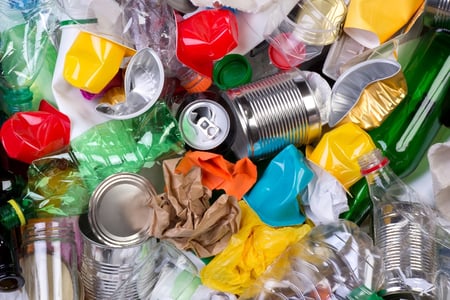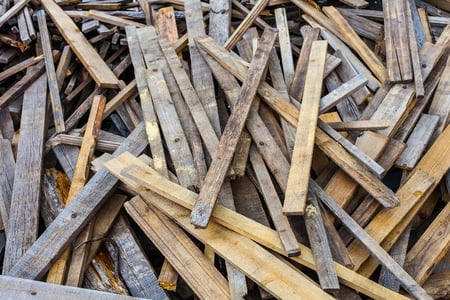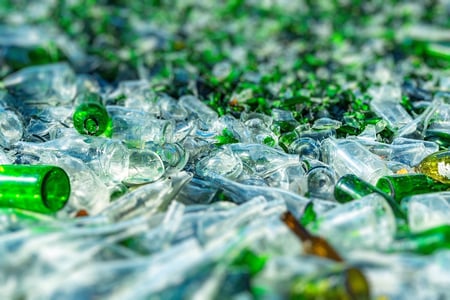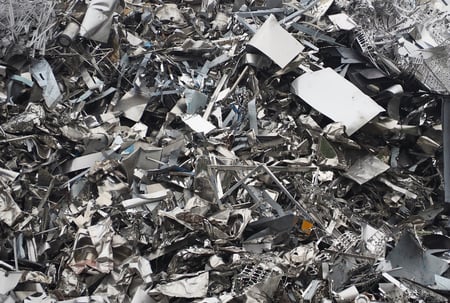
Together, we fuel the circular economy
Recycling stands as a cornerstone in the collective global effort to safeguard our planet. At Hills Waste Solutions, our dedication to recycling and the environment is ever-present in everything we do. We understand that the importance of recycling extends far beyond waste management — it's a commitment to nurturing a sustainable future. Our values revolve around embracing innovative recycling practices, not just as a service but as a fundamental contribution to environmental preservation. As a recycling company with a proud heritage, we recognise the pivotal role recycling plays in mitigating ecological harm and are resolute in our efforts to champion responsible, eco-friendly solutions for a healthier, greener future.
Get in touch
If you’re looking to work with an experienced and innovative waste management partner that understands the need to look after our shared world, talk to Hills Waste Solutions’ Customer Support Team today.
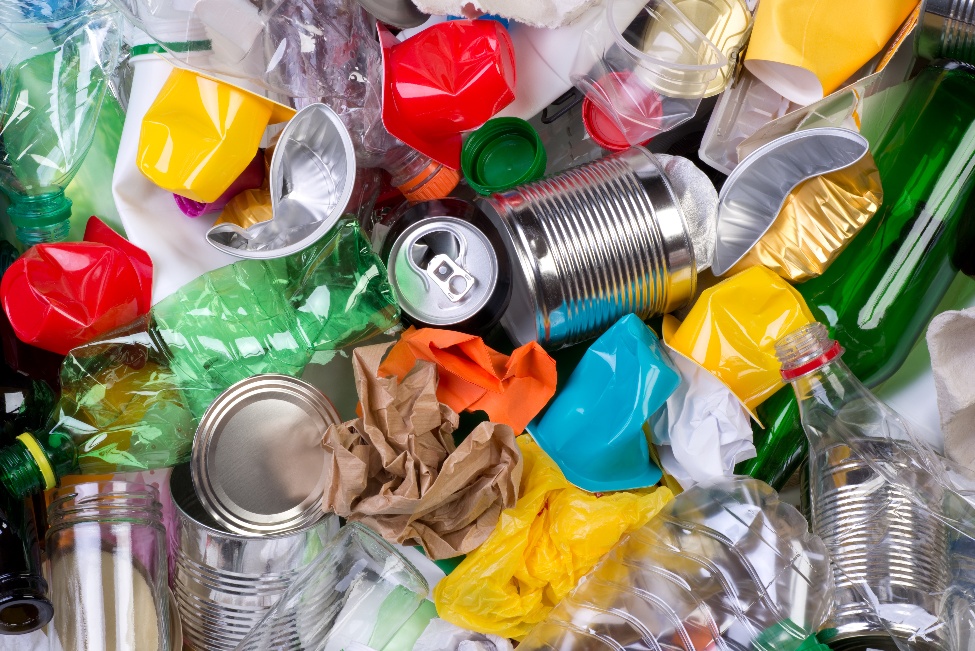
The positive impact of recycling – and why businesses should care
Recycling embodies our collective power to positively shape the world. It's not just about managing different forms of waste; it's about changing behaviour to help transform the future. Businesses have an important role to play in sustainable waste management because recycling embodies responsible values and forward-thinking practices. It's the antidote to the serious environmental challenges the world faces, especially against the perils of climate change and environmentally unfriendly waste like plastics, which can break down when discarded and end up as harmful microplastics in our oceans.
As a business, getting involved in active environmental stewardship can have a positive impact on employees, investors, customers, suppliers and the communities you work with. By partnering with a waste management provider that prioritises sustainability and recycling, businesses can make a significant contribution to a cycle of renewal, diverting waste away from landfill where possible, and aiding in the creation of new, sustainable products. Knowing where your waste goes helps support a cleaner, healthier planet. This is part of the concept of the “circular economy”; a model that disrupts modern single-use consumerism and encourages waste to have an economic value.
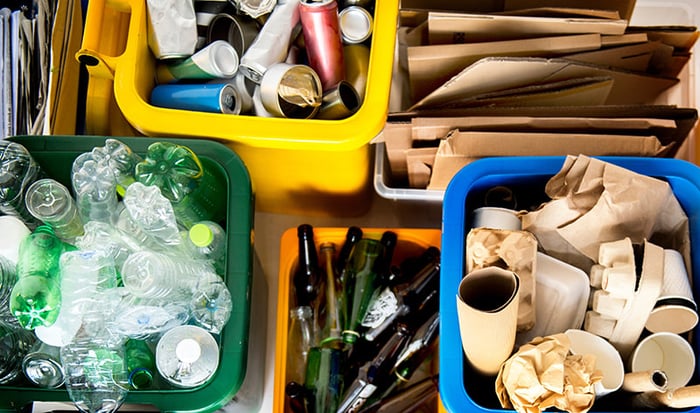
The circular economy
The circular economy requires that businesses minimise the creation of waste, first and foremost.
And where this isn’t possible, the circular economy requires that products are designed and manufactured with recycling in mind, something that, until recently, wasn’t a commonplace consideration. In this way non-recyclable materials are designed out, improving recycle rates and reducing environmental impacts. What’s encouraging is that more and more products are now being designed with recycling in mind, including plastics, and this will help all businesses recycle more, reducing waste going to landfill. But it's not a quick fix, and there will always be some materials which cannot be recycled.
Our commercial recycling services
At Hills Waste Solutions, we understand that recycling is a fundamental element of achieving sustainability in waste management. As a responsible waste management organisation we respect waste regulations and we go out of our way to make sure as much waste as possible is diverted from landfill to be recycled or used in other ways. Our waste collection service takes business waste and enables the process of recycling materials for all types of businesses throughout the West Country. We provide waste containers for everything from food waste to recyclables, general waste and specialist or hazardous waste. We don’t just collect your business recycling. We also help your organisation improve operational practices to reduce cross contamination of waste and ensure that as much waste as possible can be recycled.
Where does your recycling waste go?
The waste management principle of “5 Rs” (Refuse, Reduce, Reuse, Repurpose, and Recycle) detail the actions that should be taken wherever possible before discarding any products into landfill. By using this framework, businesses can pinpoint new opportunities and strategies to reduce their environmental impact and adopt more sustainable waste management practices. Recycling stands as the final step in diverting waste away from landfills, transforming them into valuable resources.
Depending upon the type of waste in question, commercial waste will go through one or more recycling processes at Hills Waste Solutions, ensuring a robust approach to environmental sustainability.
.jpg?width=2000&height=1472&name=15658%20Hills%20Waste%20(Recycling%20Waste%20Process%20Flow%20Diagram).jpg)
Mechanical Recycling — This process will take the collected waste through various mechanical processes, to sort it into some of the most common waste categories, such as plastics, glass, paper, tins and other metals, most of which can then be sent on for recycling.
Anaerobic Digestion — this is a biological process that uses microorganisms to break down organic matter, like food waste or agricultural residues, once oxygen is removed from the processing tanks. This produces biogas, a renewable energy source, and nutrient-rich digestate, benefiting both waste management and energy generation, while preventing CO2 gases from entering the atmosphere.
Composting — a natural process of decomposition to speed up the decay of waste. Decomposing organic matter into nutrient-rich compost, enriches the soil and mitigates greenhouse gas emissions.
Energy from Waste — this is the process of generating energy, typically in the form of electricity or heat, by burning or otherwise converting solid waste materials. This practice helps harness energy from discarded materials while reducing the environmental impact of waste disposal.
Mechanical and Biological Treatment — this waste management method combines mechanical sorting to remove recyclables with biological processes to decompose organic waste, minimising environmental impact through sustainable waste treatment.
Our commitment extends to ensuring these recycling processes are not only efficient but also environmentally conscious, reducing the burden on natural resources and minimising environmental impact. By prioritising these principles, we actively minimise waste generation, sending waste to the landfill only as a last resort.
Your waste, our commitment
of waste recycled by Hills in FY 2023
of waste diverted from landfill by Hills in FY 2023
At Hills Waste Solutions, our commitment to recycling aligns with broader climate goals, aiming for net-zero emissions and preventing waste from reaching landfills. We understand the urgency of our environmental responsibility and are dedicated to significantly amplifying our recycling efforts. By diverting materials from landfills and embracing innovative recycling processes, we actively contribute to a sustainable future.
For a more holistic insight into our sustainability strategy, visit our Sustainability page, which outlines our approach to sustainable practices and environmental preservation in waste management.
Latest news
View all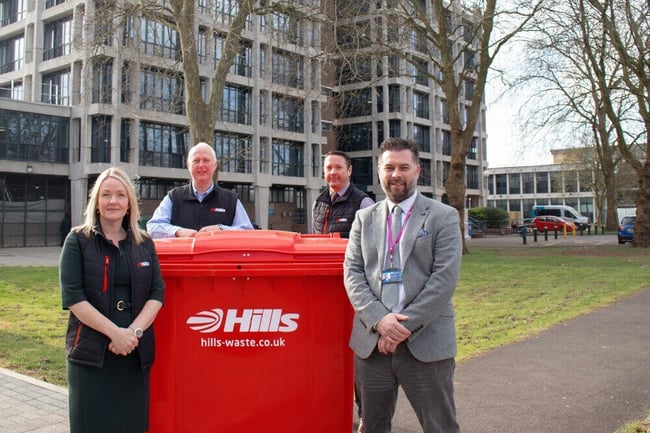
New College Swindon appoints Hills Waste Solutions
April 2025New College Swindon has appointed Swindon-based Hills Waste Solutions as its waste and recycling con...
Continue reading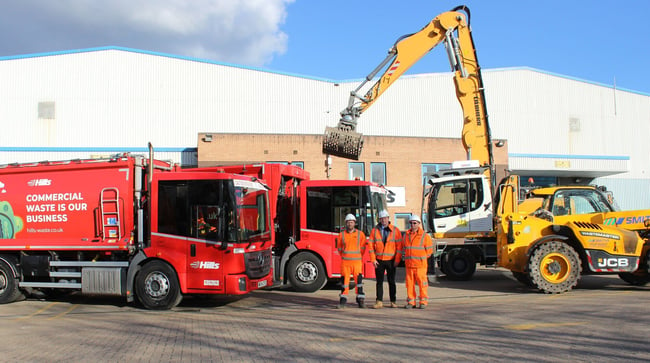
Hills continues CO₂ reductions with Salisbury HVO roll out
March 2025Hills Waste Solutions’ commercial transport depot at Amesbury, near Salisbury is the latest site to ...
Continue reading
Westbury Youth FC scoop Sustainable Club Award
September 2024Hills Waste Solutions has continued its support for community football, as sponsors of the Sustainab...
Continue reading